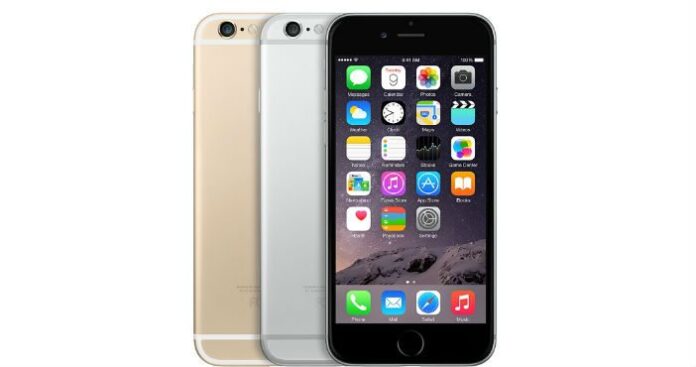Reports claim Apple MVNO plans could include U.S. and Europe
Apple is reportedly testing a mobile virtual network operator service in the U.S. and is in talks for a similar launch in Europe.
Business Insider reported Apple is “privately trialing” a MVNO service in the U.S. and in talks with domestic and European mobile operators about a commercial launch. The story claims Apple is looking “long term” with its MVNO plans and that it could take up to five years for the service to fully launch.
Talk of an Apple MVNO has been a staple in the mobile space since before the company launched its iconic iPhone device in 2007. However, the company instead entered into an exclusive launch agreement with Cingular Wireless – which was eventually renamed AT&T Mobility – in a deal that initially provided Apple with a cut of data revenues.
However, since those early days, the dynamics of the MVNO space have changed thanks to advances in technologies and consumer expectations for their mobile service.
Google recently launched its own MVNO service under the Project Fi brand that relies heavily on Wi-Fi to provide voice and data services, which allows Google to bypass traditional mobile operators for basic services. Google does have roaming deals with Sprint and T-Mobile US to provide cellular coverage to customers who want to use services outside of a Wi-Fi connection. That capability is enabled by a SIM card that prompts the device to look for the cellular provider with the strongest signal and automatically register with that network. Most MVNO offerings rely on a single carrier for cellular support, which can be a limiting factor for coverage or for service pricing.
Google’s service pricing starts at $20 per month, for which users receive unlimited voice calling and text messaging. Customers can then add cellular data access for $10 per gigabyte, which is inline with overage charges from some mobile carriers. Google’s hook is that it will refund customers for unused data, thus a customer who purchases 3 GB of data, but only uses 1.5 GB will receive a $15 account credit. Customers who go over their purchased amount of data will receive text warnings, with any overage charged at the same $10 per GB amount.
Analysts had noted a muted impact from the Google launch, with many citing the lack of handset availability outside of the current Nexus 6 device, and especially without support for Apple’s iPhone lineup. That issue would obviously not be a problem should Apple want to get into the wireless carrier game.
Most of Apple’s core mobile platforms like iMessage and iTunes work seamlessly whether on a Wi-Fi or cellular data connection, and with the launch of the iPhone 6 now supports voice calling over an IP connection.
Bored? Why not follow me on Twitter

